Change can be difficult to process no matter how old we are. It can be especially paralyzing during our adolescence when we experience so many things for the first time. We change schools, part ways with our old friends, and try to find a new path. All these things change us in some ways. Hannah Peterson’s “The Graduates” explores the same overwhelming pressure through the eyes of high school students processing a similar sense of transition. Simultaneously, it presents them processing a recent tragedy and how their journeys have more in common than one may assume.
The script mainly follows Genevieve (Mina Sundwall), a young high-school student on her way to graduation. Her close friend, Ben (Alex R. Hibbert) suddenly returns from his school elsewhere, hoping to finish his course remotely before their college. He gets his old part-time job back and seems eager to gain something he has lost during his absence. While he masks his despair beneath his excitement, Genevieve recognizes it more than others. As a viewer, you sense something lurking beneath the surface that connects them emotionally. The script, however, allows the characters to analyze themselves rather than explain themselves to us.
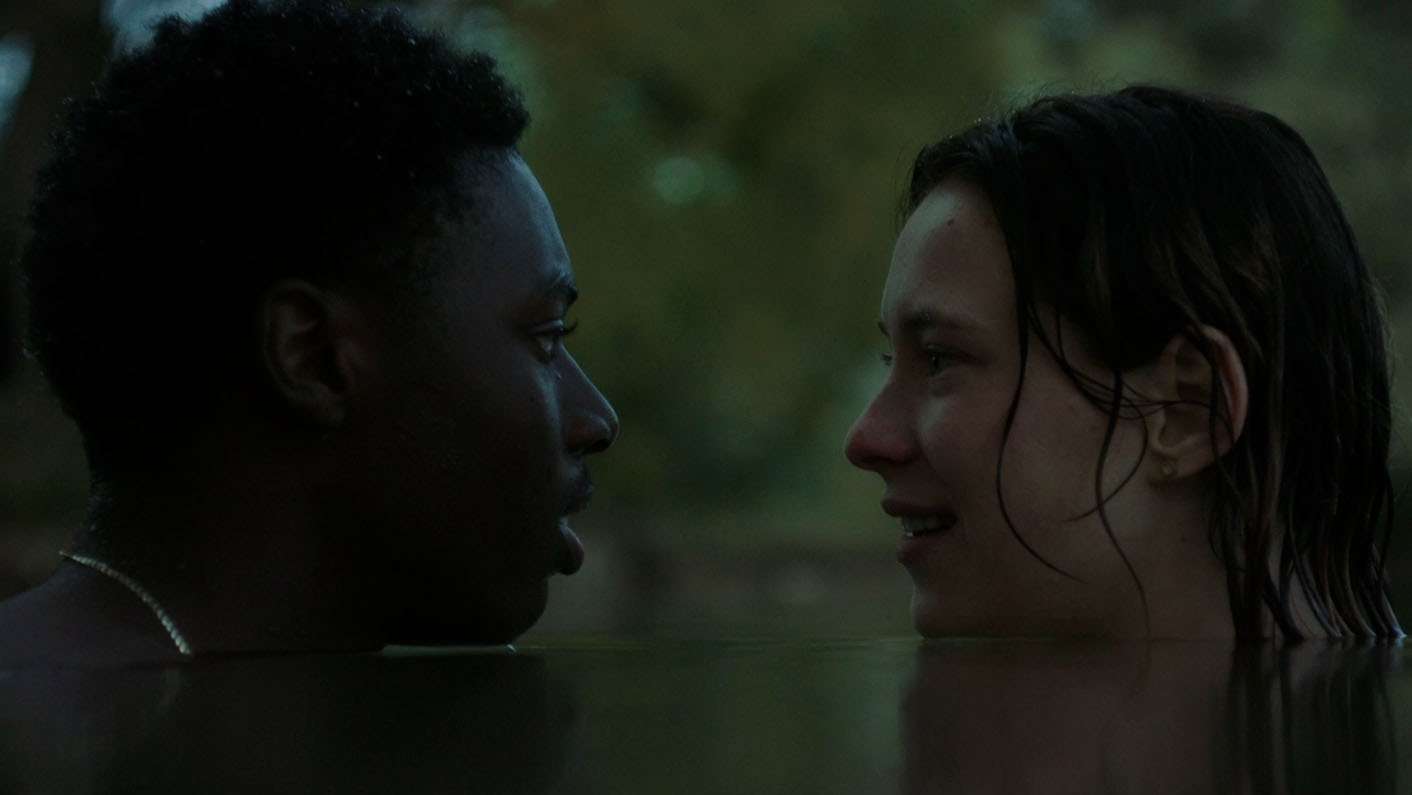
While Ben returns home, Genevieve goes through the motions of her last school year with a gentle smile. Eager about her college prospects, she can’t help but find herself pulled back to her memories. She lingers, looking at a computer screen, trying to register someone’s absence. Though gifted in photography, she sabotages her chances of progress. Genevieve hopes to take a gap year but has conflicting feelings about Ben’s change of plans. During a drill session, she is a tad more alert than others. She isn’t particularly unfriendly or reserved, yet she seems stuck in the moment, unable to move past her suppressed pain.
John (John Cho), her school PT teacher, remains in the backdrop. Living alone and away from his wife, he notices a student going through heartbreak and advises him to stay close to his friends instead of isolating himself. John understands that solitude may offer comfort, but loneliness can consume a person from within. His smile seems reassuring, filled with emotional maturity farther away from the sentimental optimism. He speaks to make people comforted, seen, and heard. Through almost each of his actions, you sense his wisdom derived from lived experiences.
“The Graduates” conveys these and more details without succumbing to sentimentality or preachiness. The more you remember its slightest moments, the more you end up unpeeling its layers in your mind, filled with emotional sincerity. Peterson’s editing finds a fluid rhythm between its different character arcs that further reveal the interconnectedness of their anxieties, their fear of change, and the difficulty they all face in letting go of their past. During a class, Genevieve hears about memory being an inseparable part of one’s identity. As it happens, Ben reminisces the bittersweet moments he spent with someone from his past that he cannot possibly relive.
Peterson’s layered, neatly intertwined screenplay connects its characters through the themes of change, loss, growth, resilience, and the complexity of grief. As these characters process a loss, Peterson’s direction allows their journey to flow naturally. Carolina Costa’s cinematography bathes the characters in a near-autumn blend of gloomy yet cozy tones, enhancing Peterson’s directorial choices and highlighting the film’s raw performances to capture its disarming warmth. Costa’s mostly still camera frames these actors or stays with them patiently, whether at moments of actors carefully listening to others or being vulnerable.
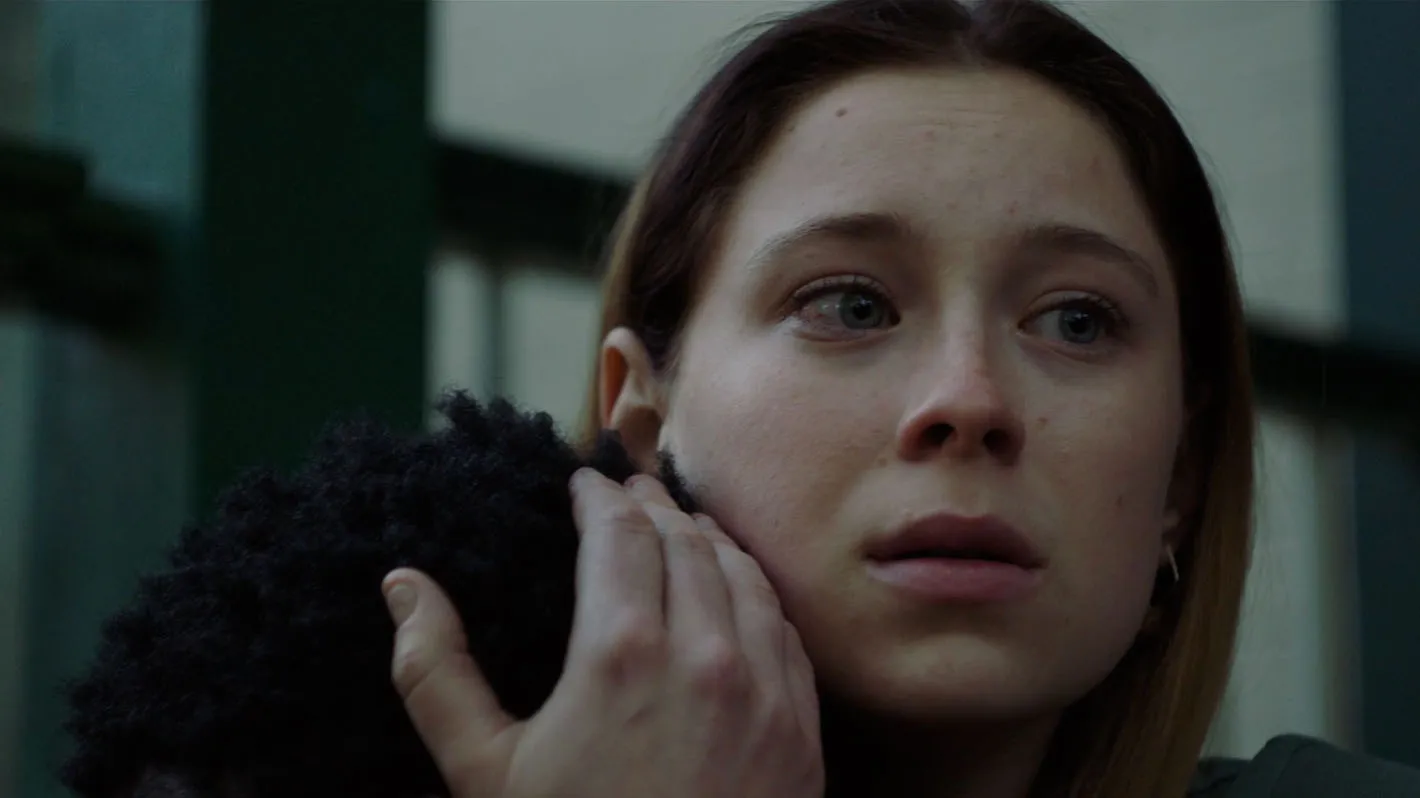
An evocative coming-of-age story about its distinct characters, “The Graduates” tackles school safety amid the fear of gun violence with maturity and sensitivity. It evokes the eerie, numbing atmosphere of such scenarios without any theatrics. Every piece of the puzzle falls into place, but it’s the naturalistic performances that bring out the film’s deepest themes, tugging at your heartstrings.
Be it Mina Sundwall, Alex R. Hibbert, John Cho, or Maria Dizzia (who plays Genevieve’s mother, Maggie), their performances value the moments that happen in between the written situations, where the characters process what they just witnessed, experienced, or discussed. Those bits of actors just taking it all in, makes the film stand apart in a sea of similar films. So, if you need a lesson in utterly nuanced filmmaking, this may just be it.



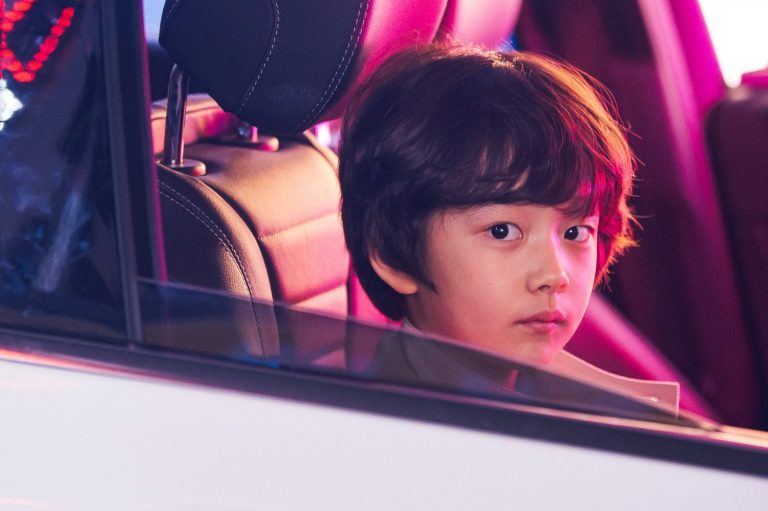

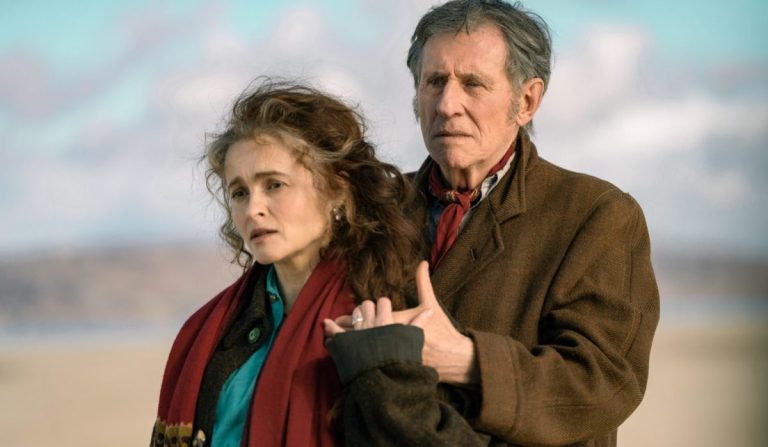
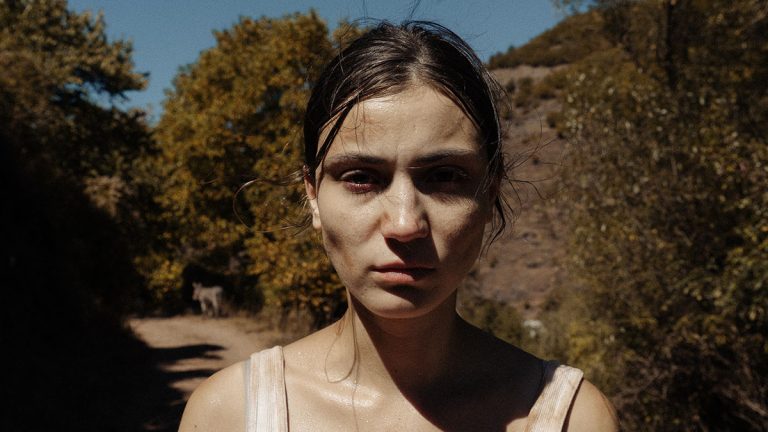
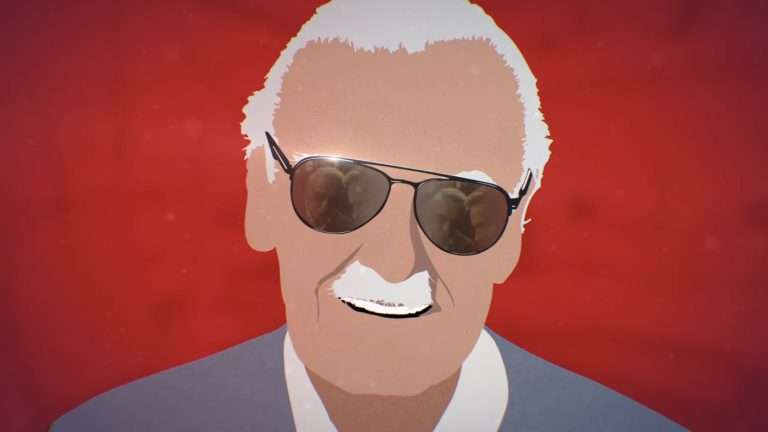
![Oxygen [2021] Netflix Review – Taut single-location thriller serves as an allegory for socially-distanced isolation](https://79468c92.delivery.rocketcdn.me/wp-content/uploads/2021/05/O2_20200728_Unit_01993_R2-768x513.jpg)